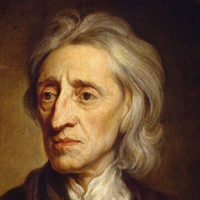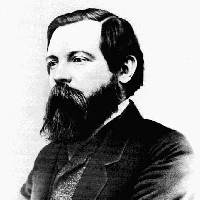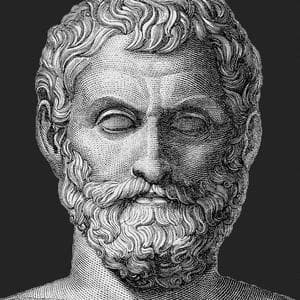Edmund Husserl typ osobowości MBTI
Osobowość
"Jaki typ osobowości jest {profilename}? {profilename} jest typem osobowości {mbti} w mbti, {enneagram} - {iv} - {tritype} w enneagram, {big5} w Big 5, {sociionics} in Socionics."
INFJs and INTPs have different approaches to philosophy. Admittedly, their similarities are starker than their differences: they both intend to establish a universal, innerly consistent system using simple principles (introvert and Ti-using) (contrary both to INFPs and INTJs, who have anti-systematic and particularistic inclinations and to ENXPs, who favours destructions more than constructions), but above all, the difference exists: INFJ philosophers (like Bruno, Spinoza, Fichte and Schelling) tend to building a self-closed system by pure deductions. Their initial insights (Ni) are more significant and their reasonings are dense and unfriendly to people without their insights. It is INFJs, rather than INTPs, who master those abstract concepts, command them as they will and create a theory, even one contrary to common sense, like doing mathematical constructions. INTP philosophers (like Descartes, Kant, Bolzano and Frege), however, prefer a more exploring, analogical and pedagogical writing style; they try their best to make their readers inquiring with them, pretending that they are ignorant at first and their arguments are less dense. Besides, INTPs' theories conform more to common sense (Si) and generally sound less striking at first. In the case of Husserl, virtually none of his works starts from some basic principle; rather they start from questions that need to be answered (in LU and FTL it is the nature of logic; in EU it is how logical consciousness is generated; in HUA10 it is the nature of time consciousness; CM is, from its name, an imitation of Descartes' (INTP) style in his Meditations. Ideen began with a quite Ni-ish explanation on fact and essence, but the book is still written in a more diverging than converging way, and does not have the dense, self-saying deductions typical of INFJs.). And contrary to general opinions, he paid much respect to common sense. He denounced the natural attitude for assuming external beings without any justifications and thus chose to annul the being of the whole world; but he was also opposed to positing non-being or reducing everything to one single genre of being (like Berkeley or modern naturalists did). He just tried to put the problem of existence aside and to explicate what we mean when we say something exists and how the existence of one region of objects is established on that of another (but that is NOT reductionism since the established object still can be independently meant as a logical subject), from both the intention's side and the intentional object's side (while the essential relationship between the two is fundamental). This quite conforms to common sense (indeed, which one fits common sense better: that I see a book before me or that I receive some incitements that were similar to those when I heard the name "book"; that logical propositions are valid a priori or that they are some empirical laws derived from the laboratory of the psychologists?). Just because of this his ontology (like Alexius Meinong (INTP)'s) is derided as being too luxurious, even cumbersome. Some ENFP arguments grabbed his Ne, but he was not an Ne Dom. They argue that Husserl was an Ne Dom because none of his books was a consistent system. Well first, it is wrong since FTL (which was, for me, one of the best philosophical books ever written) provided a consistent system, although indeed it is quite exceptional among Husserl's works. Second, Ideen was intended to be a system (although failed) and he also intended another systematic work in Freiburg. His Ne, however strong, was auxiliary to his Ti to find certainty. He always desired a system like other INTP philosophers. Some INTP philosophers succeeded in providing the system (like Descartes) and some failed (like him). But this failure did not stem from personality. Besides, eidetic intuition is not Ne, but his approach is Ne - ish. He developed a methodology called free variation (to variate the terms and see the possibility in a non-positing way, and thus to "see" the eidos). He declared literally that fantasy is THE method for phenomenology. It is quite Ne - ish.
Biografia
Edmund Gustav Albrecht Husserl (8 April 1859 – 27 April 1938) was a German philosopher who established the school of phenomenology. In his early work, he elaborated critiques of historicism and of psychologism in logic based on analyses of intentionality. In his mature work, he sought to develop a systematic foundational science based on the so-called phenomenological reduction. Arguing that transcendental consciousness sets the limits of all possible knowledge, Husserl redefined phenomenology as a transcendental-idealist philosophy.
Osobowość correlate
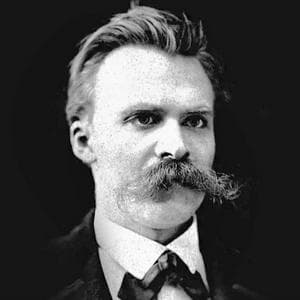
Friedrich Nietzsche
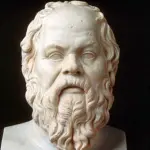
Socrates

Arthur Schopenhauer
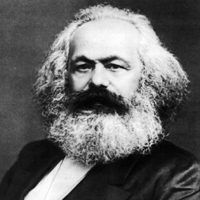
Karl Marx

Albert Camus
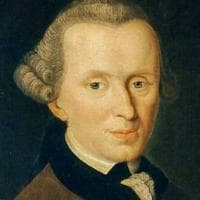
Immanuel Kant
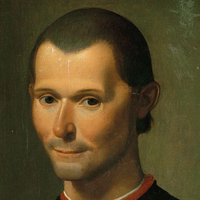
Niccolò Machiavelli

Diogenes


